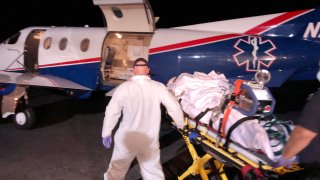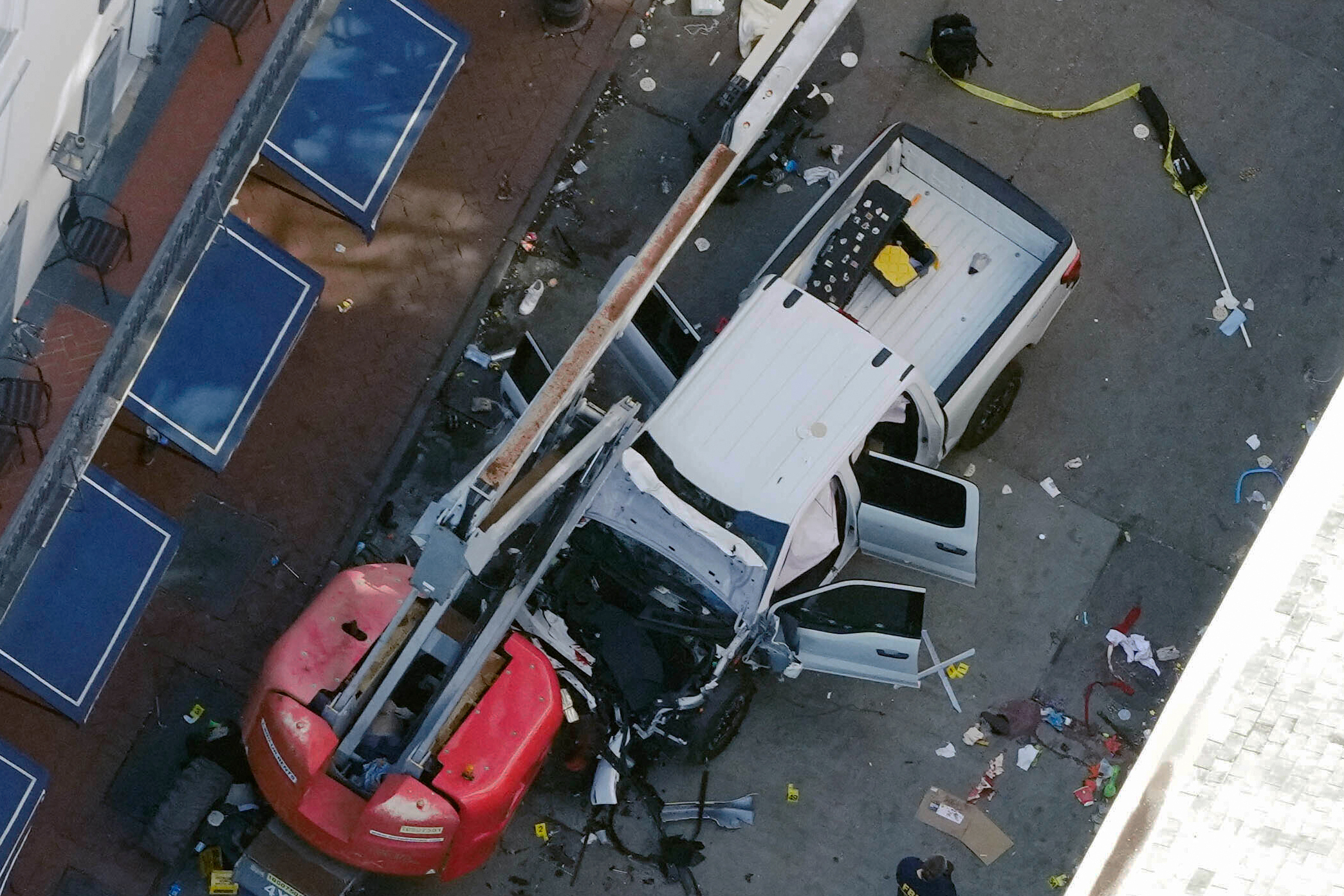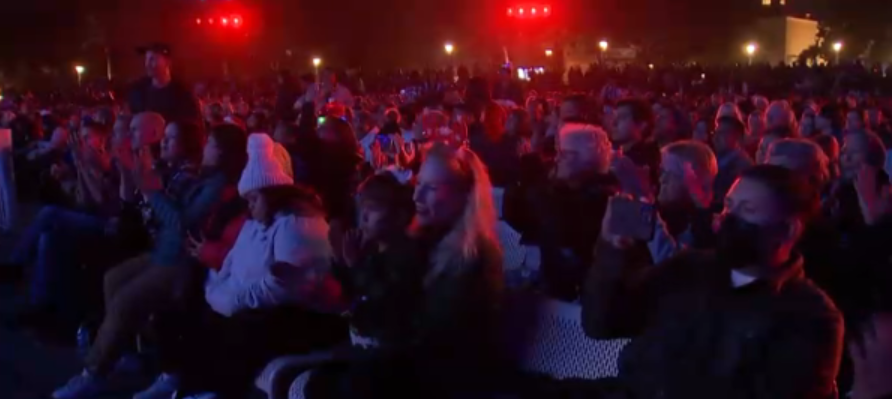
UC San Diego Health has provided mobile life support systems to multiple COVID-19 patients in the last three weeks, officials announced Tuesday, giving a chance to patients so ill that ventilators alone cannot keep them alive.
These patients require extracorporeal membrane oxygenation, or ECMO, when ventilators prove not enough to keep them alive, health professionals said.
"Patients who require ECMO are the sickest of the sick," said Dr. Robert Owens, a pulmonary, critical care and sleep specialist at UC San Diego Health. "They are beyond being kept alive by a ventilator and need full support to keep the brain, heart, liver and kidneys supplied with oxygen. The challenge is that not all hospitals have this technology. Fortunately UC San Diego Health has this capability and has made it mobile to benefit patients, even those cared for initially at other hospitals."
CORONAVIRUS IN SAN DIEGO COUNTY: What You Need to Know: Latest Developments | Resources | How to Help | What Has Reopened? | Photos: Coronavirus Impact in SD
ECMO is a technology that works outside the body, pumping and oxygenating a patient's blood. The patient is connected to the machine during a bedside procedure by tubes inserted in large arteries or veins in the neck and groin. Once connected, the overworked heart and lungs are able to rest and heal.
UCSD Health has provided mobile ECMO to five patients in the past few weeks, according to Cassia Yi, a clinical nurse specialist and the acute mechanical circulatory support coordinator at the hospital.
"Seeing the uptick in COVID-19 cases, particularly at the border, and knowing that these patients are too sick to transfer, we knew we had to go mobile," she said. "Either because their hospital did not offer the technology or because the hospital's own ECMO service was maxed out. The average age was 55 years old."
Local
Owens said the program is unique because patients begin vital physical and occupational therapy while still on the machine, and then can follow up in a post-ICU recovery care clinic.
"During ECMO, blood from the patient flows through tubing to an artificial lung that adds oxygen and takes out carbon dioxide," said Dr. Travis Pollema, a cardiac surgeon at UC San Diego Health. "The blood is warmed to body temperature and pumped back into the body. Essentially, ECMO provides advanced life-support, helping support a weakened heart or damaged lungs until the patient can recover or be bridged to further therapy."
UCSD Health's ECMO program is unique, officials said, because patients can start physical and occupational therapy, a vital component to recovery, while they are still being treated by ECMO.
“Patients actively participate in their recovery,” Pollema said. “They interact with the care teams, sit up in their bed or a chair, walk and even see their families via video calls. It’s an exciting approach. The payoff is seeing our patients return home after being so sick.”
The San Diego County ECMO consortium was formed in March 2020 and includes leaders and physicians from all of the county's ECMO centers. The group has developed guidelines for the oxygenation machine's use during the COVID-19 pandemic in order to maximize equipment and resources.
UC San Diego Health launched its mobile ECMO program in April with a team that includes pulmonologists, surgeons, nurses and perfusionists --experts in operating heart and lung machines during heart surgery -- with expertise in critical care medicine. The mobile service can be deployed within roughly 300 miles of any of UC San Diego's locations with the assistance of Mercy Air, Advantage Ambulance and South Coast Perfusion.



